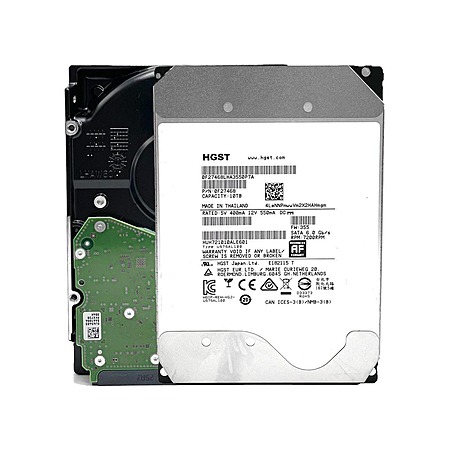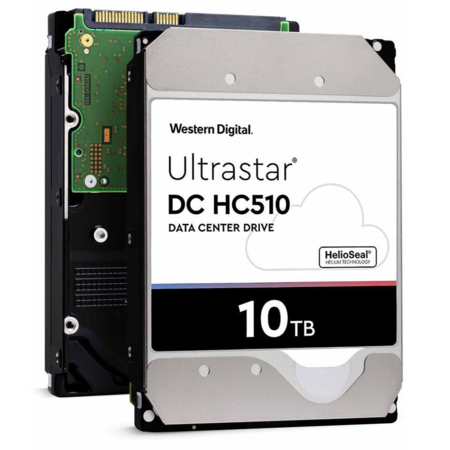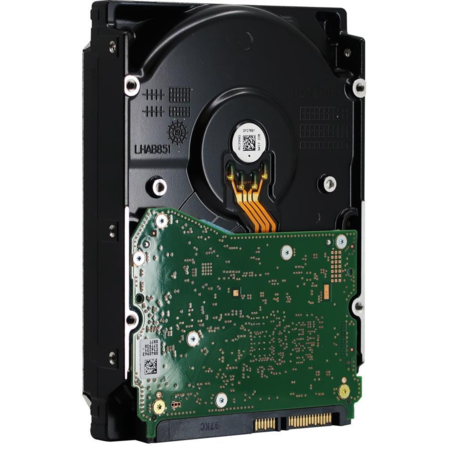expiredsr71 posted Feb 15, 2024 08:20 AM
Item 1 of 3
Item 1 of 3
expiredsr71 posted Feb 15, 2024 08:20 AM
10TB HGST WD Ultrastar DC HC510 3.5" SATA 7200RPM Hard Drive (Refurb)
+ Free Shipping$80
$90
11% offNewegg
Visit NeweggGood Deal
Bad Deal
Save
Share



Leave a Comment
Top Comments
https://www.newegg.com/p/1Z4-001J-00E07
Western Digital's failure rates are astoundingly low.
https://www.backblaze.c
117 Comments
Sign up for a Slickdeals account to remove this ad.
Our community has rated this post as helpful. If you agree, why not thank lastwraith
https://www.newegg.com/p/1Z4-001J-00E07
Our community has rated this post as helpful. If you agree, why not thank lastwraith
Our community has rated this post as helpful. If you agree, why not thank Phoom
The recommended minimum for backing up data you care about is what's referred to as a 3-2-1 backup. The "3" in there refers to having your data on 3 separate drives/arrays.
If you'd like to reduce downtime and avoid losing new data before it is backed up, then you also want to include some type of RAID. This is highly unnecessary for most home users. But it is something enthusiasts like to use as well.
After all of this, you might end up with 4+ drives to hold your data and back it up.
Does anyone have any experience with the 10TB or the 12TB linked above? Any issues with them? Did you have any fail?
For the average homelabber, drive reliability is 3rd or 4th most important factor to protecting data. The average drive is so reliable that a reduction of X use hours in exchange for Y dollars is a good tradeoff since fault tolerance mostly negates data loss from drive failure.
If you are buying just 1... don't do that with these large drives unless it's just a scratch drive
Sign up for a Slickdeals account to remove this ad.
Our community has rated this post as helpful. If you agree, why not thank Thinkie
Our community has rated this post as helpful. If you agree, why not thank Ih8reb8s
Our community has rated this post as helpful. If you agree, why not thank Ad0nis
Our community has rated this post as helpful. If you agree, why not thank FairCarpenter8525
Our community has rated this post as helpful. If you agree, why not thank StefanoM3235
( thread for reference https://slickdeals.net/f/17248234-14tb-wd-ultrastar-dc-hc530-sata-6g-3-5-7200-rpm-enterprise-hdd-refurbished-110-free-shipping )
Our community has rated this post as helpful. If you agree, why not thank rbstern
Western Digital's failure rates are astoundingly low.
https://www.backblaze.c
Sign up for a Slickdeals account to remove this ad.
Leave a Comment